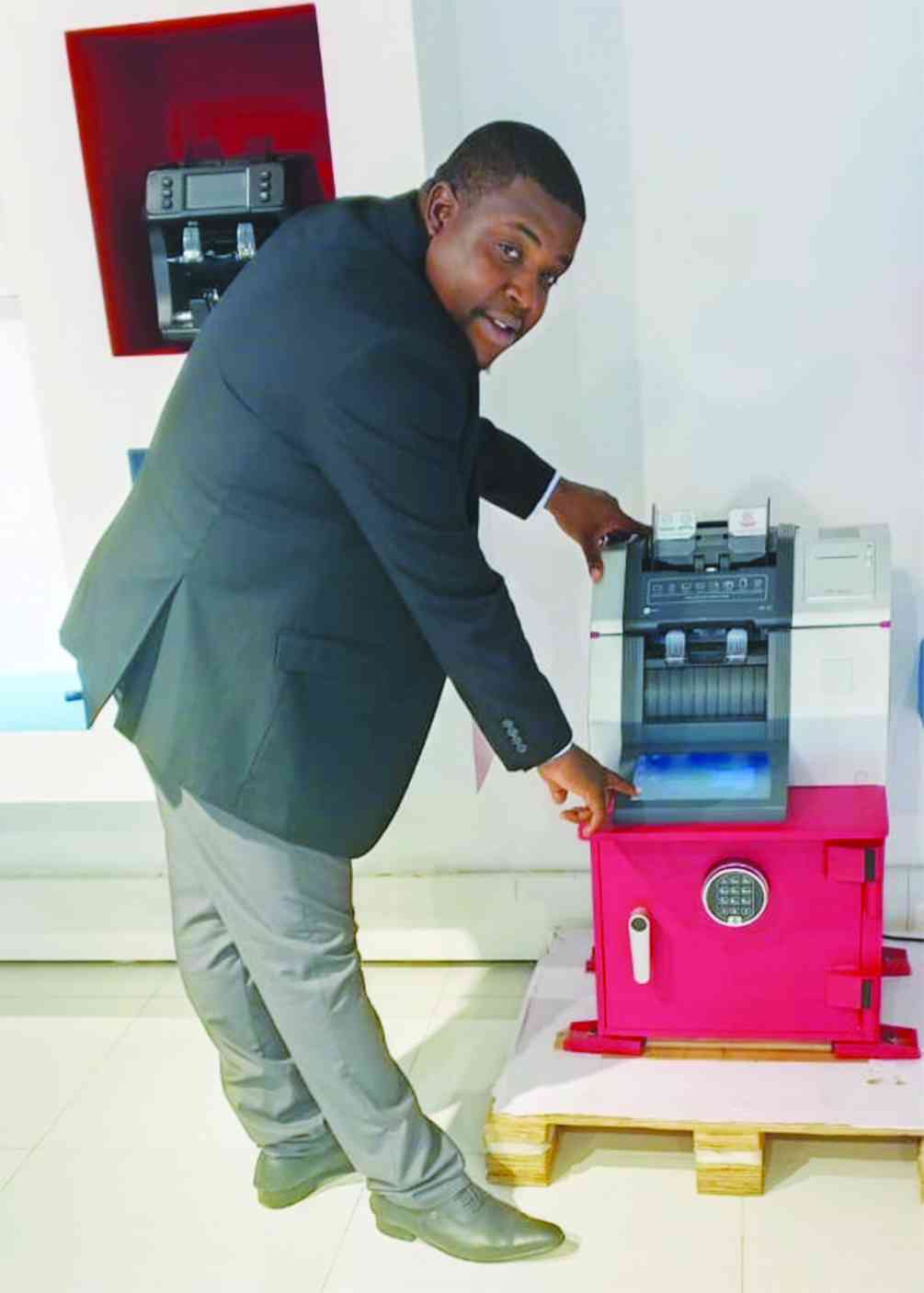
HIPPO Valley Estates Limited, one of Zimbabwe’s largest sugar producers, is reeling from a steep decline in demand from beverage manufacturers, who blame the government’s sugar tax for escalating costs and dampening sales.
The company says offtake from the beverage sector, a key market for its product, has dropped by between 10% and 15%, severely affecting overall operations at a time when the group is already grappling with a sharp revenue slump.
For the financial year ended March 31, 2025, Hippo Valley reported a 44% fall in revenue to US$191,59 million, reflecting both reduced sales volumes and pricing pressures.
“In terms of offtake, in terms of sugar to the beverage industry, I am looking at about a 10% to 15% reduction. That is the figure I can give, and it is quite significant,” Hippo Valley Estates chief executive officer Tendai Masawi told businessdigest in an interview.
The sugar tax, introduced in early 2024, was initially pegged at US$0,02 per gramme of sugar in beverages but was later reduced after industry backlash to US$0,001 per gramme for general beverages and US$0,0005 for cordials.
Despite the downward revision, the levy continues to ripple through the value chain.
“Has there been any effect from the sugar tax the government has imposed? Yes, certainly,” Masawi said.
He explained that beverage manufacturers have responded by cutting sugar orders and experimenting with artificial sweeteners to offset higher production costs.
- Unresolved land tenure dispute stifles Tongaat Hulett project
- Unresolved land tenure dispute stifles Tongaat Hulett project
- Travelling & touring: A town where baobab trees rule the roost
- Travelling & touring: A town where baobab trees rule the roost
Keep Reading
“How does that affect Hippo Valley? Hippo Valley does not make white sugar. Hippo Valley makes brown sugar,” Masawi said.
“We supply the refineries with brown sugar, which they then refine to supply the beverage industry.
“So, if beverages are not taken, the refineries cannot supply; it means our raw sugar offtake is going to become compromised,” he added.
Although some beverage producers are now turning to artificial sweeteners, Masawi noted that consumer uptake in Zimbabwe remains limited.
“If you look at our offtake in terms of refined sugar to the beverage industry, this has been minimal, and we are not doing very well on that side,” he said.
“Not because of choice but owing to them also trying to manage their offtake.
“Some of them are using artificial sweeteners. But unfortunately, in Zimbabwe, the appetite for artificial sweeteners has not been very high, but they are trying their best,” Masawi said.
The impact of the tax has been stark for major beverage producers.
Delta Corporation Limited and Innscor Africa Limited reported paying US$21,1 million and US$10,1 million, respectively, in sugar taxes in their recent financial years.
Innscor chairperson Addington Chinake criticised the levy, stating it has “had the unintended consequence of materially raising the production cost of compliant local beverage manufacturers, directly suppressing demand in the cordials and carbonated soft drink categories, and simultaneously distorting the competitive landscape through the proliferation of cheaper, non-compliant, local and imported alternatives”.
The demand slowdown has emerged even as sugarcane production recorded marginal growth.
According to the Second Round Crop, Livestock and Fisheries Assessment, national sugarcane output rose 1,4% to 6,71 million metric tonnes in the current season.
However, financial services firm IH Securities noted that the growth had little impact on processors, saying it was “mainly due to muted uptake by drinks manufacturers facing increasing exogenous costs”.
Hippo Valley and other industry players are now engaging the government, seeking a policy review to cushion both sugar producers and beverage manufacturers.











